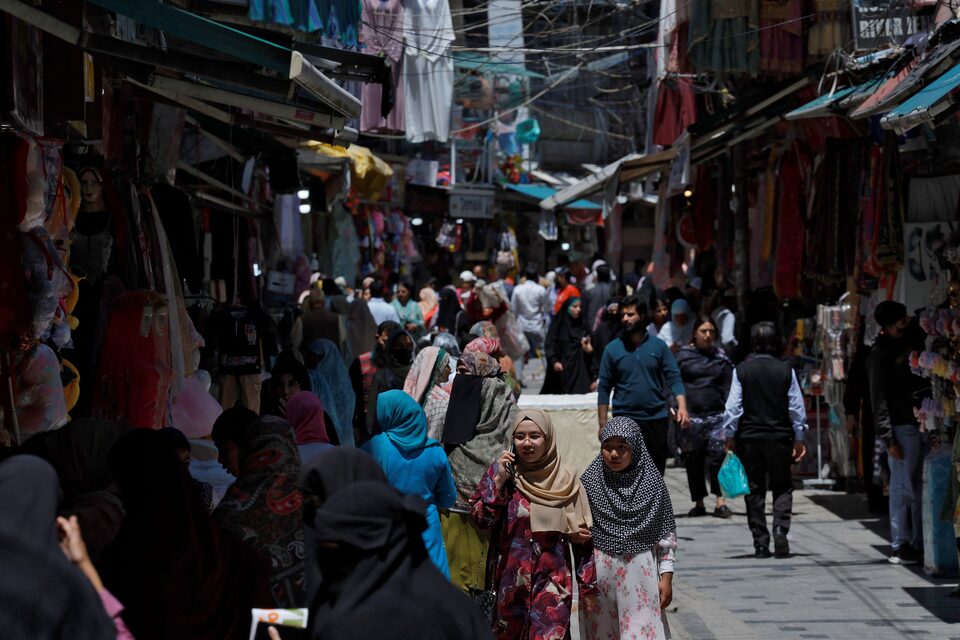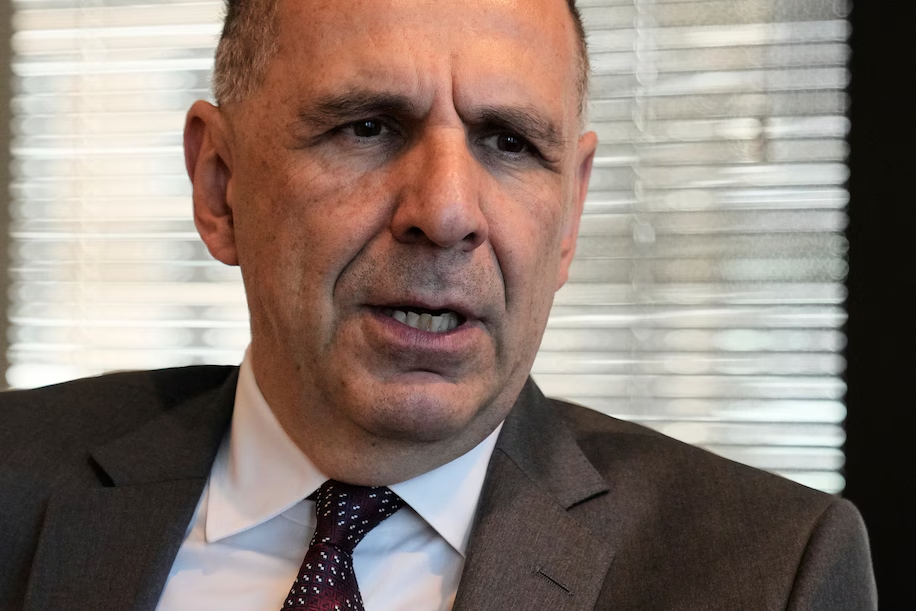On May 12, 2025, military officials from India and Pakistan are set to engage in discussions regarding the next steps following a U.S.-brokered ceasefire that has brought relative calm to their contentious border region. The ceasefire, declared on Saturday, came after a period of intense cross-border firing and diplomatic efforts, including intervention by U.S. President Donald Trump. The recent escalation was triggered by a deadly attack in Indian-administered Kashmir, which India attributed to Pakistan—a claim that Islamabad denies. Both nations conducted retaliatory strikes, resulting in civilian casualties and temporary school closures. India sent a warning about ceasefire violations, while Pakistan has denied any wrongdoing.
The ceasefire has positively impacted financial markets in both countries. Pakistan’s trading was temporarily halted after a significant market rebound, and India’s equity markets saw a 2.5% rise in benchmarks. Additionally, the International Monetary Fund has approved new financial assistance to Pakistan. Reuters
While Pakistan has welcomed U.S. mediation on the Kashmir issue, India maintains that the matter should be resolved bilaterally, dismissing third-party involvement. The Kashmir dispute remains a core point of contention between the nuclear-armed neighbors, with India accusing Pakistan of supporting insurgency in its controlled region—a claim Pakistan refutes.
The upcoming dialogue between the director generals of military operations from both countries is seen as a critical step toward stabilizing the situation. The international community, including U.S. Secretary of State Marco Rubio, has emphasized the importance of maintaining the ceasefire and encouraging ongoing diplomatic engagement.
Source: Reuters



